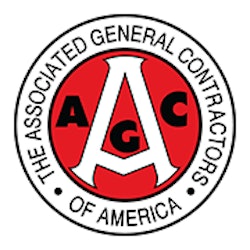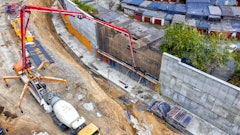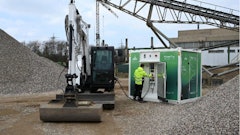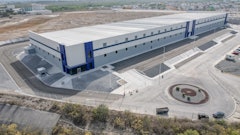
Construction employment declined in 164 out of 337 metropolitan areas between August 2011 and August 2012, increased in 130 and was stagnant in 43, according to a new analysis of federal employment data released today by the Associated General Contractors of America. Association officials said that construction employment in many areas was suffering as government and business officials delay projects in the face of federal tax and funding uncertainty.
“The looming fiscal cliff is already contributing to construction employment declines in many parts of the country,” said Stephen E. Sandherr, the association’s chief executive officer. “We are just not seeing the kind of private sector momentum that the industry experienced earlier this year.”
Biggest job losses:
- Atlanta-Sandy Springs-Marietta, Ga. (-7,200 jobs, -8 percent)
- Tampa-St. Petersburg-Clearwater, Fla. (-6,700 jobs, -12 percent)
- New York City, N.Y. (-6,200 jobs, -5 percent)
- Philadelphia, Pa. (-4,300 jobs, -6 percent)
- Springfield, Mass.-Conn. (-31 percent, -3,700 jobs)
- Anchorage, Alaska (-21 percent, -2,200 jobs)
- Jackson, Miss. (-21 percent, -2,300 jobs)
- Lansing-East Lansing, Mich. (-18 percent, -1,200 jobs).
Biggest job gains:
- Yuba City, Calif. (24 percent, 400 jobs)
- Pascagoula, Miss. (21 percent, 1,000 jobs)
- Bakersfield-Delano, Calif. (17 percent, 2,500 jobs)
- El Centro, Calif. (15 percent, 200 jobs)
- Portland-Vancouver-Hillsboro, Ore.-Wash. (10 percent, 4,700 jobs)
- Fort Worth-Arlington, Texas (9 percent, 5,100 jobs)
- Los Angeles-Long Beach-Glendale, Calif. (8 percent, 8,600 jobs)
- Phoenix-Mesa-Glendale, Ariz. (7 percent, 6,300 jobs)
- Houston-Sugar Land-Baytown, Texas (4, percent, 6,900 jobs)
Association officials cautioned that construction employment would continue to decline until Congress and the administration set tax and spending rates for next year and, preferably, beyond. They said reports from firms across the country indicate that the threat of significant tax hikes and mandatory cuts to a number of key federal construction and infrastructure programs are prompting many owners to delay projects.
“Even more construction workers are at risk of losing their jobs because our elected officials in Washington aren't doing theirs,” said Sandherr. “Setting tax rates and prioritizing federal investments may not be easy, but it ought to be far more preferable than letting our economy languish from uncertainty and inaction.”
View August construction employment figures by state and rank.




























